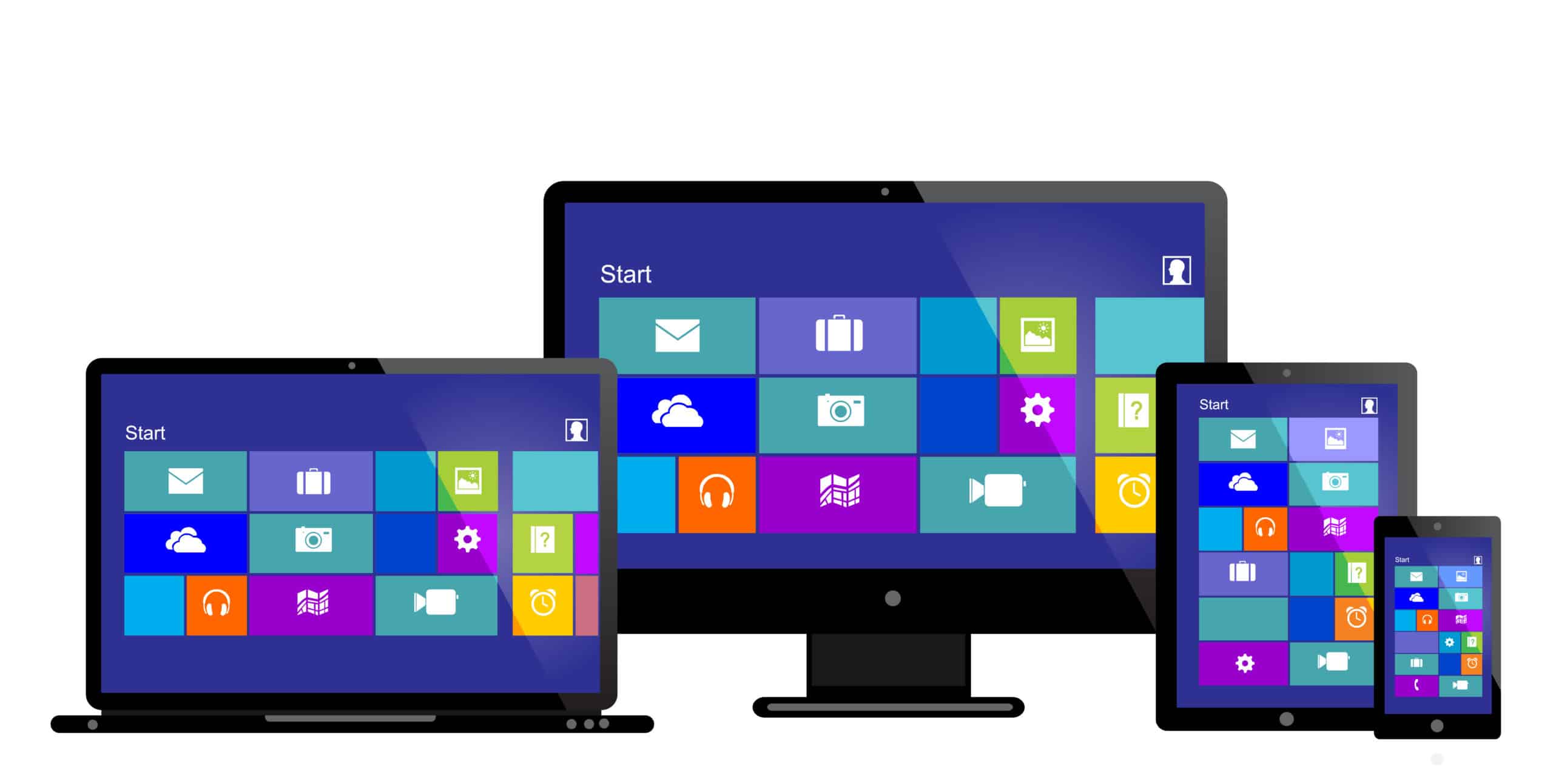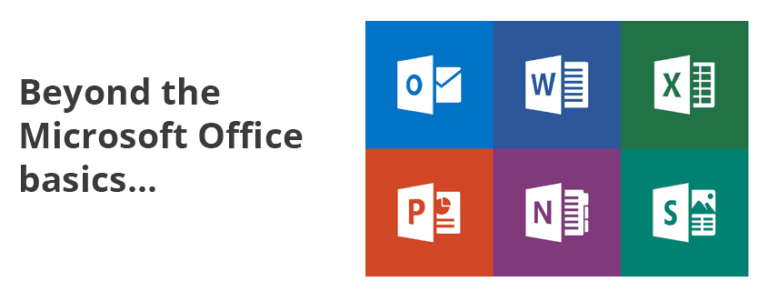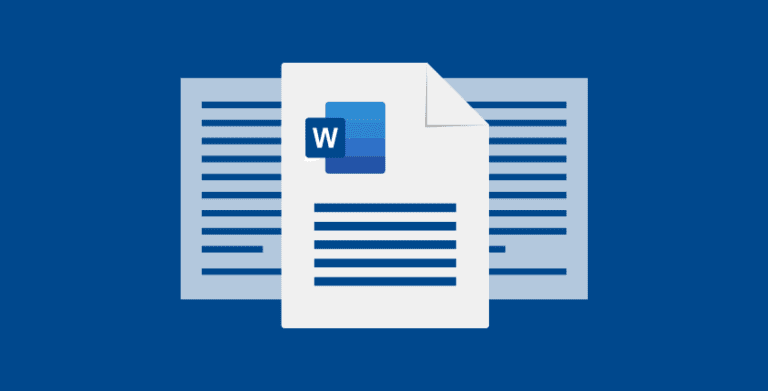Upgrading to Windows 11: When, Why, and How
Microsoft has announced that Windows 11 will be released this Fall – likely around October 2021, just in time for the holidays – or for a year-end business technology refresh.
This operating system update for Windows should be taken into consideration for any near-term technology decisions you make. Even if you don’t plan on upgrading to Windows 11 right away, it’s still important to think about your entire tech stack and how you may need to adjust your IT roadmap.
What’s new in Windows 11?
According to Microsoft, Windows 11 will be “a new Windows experience, bringing you closer to the people and things you love” (See Microsoft Windows 11 page). The official Windows 11 videos we’ve seen so far are stunningly beautiful, but it’s clear Microsoft is keeping many details of the feature updates under wraps.
We know upgrading to Windows 11 will provide you with:
- Built in Android apps
- More widgets
- Improvements to Microsoft Teams
- Snap layouts to help you organize multiple apps
- Virtual desktops to separate different aspects of your life (home, work, school, etc.)
- Additional inherent security features
We find it helpful to watch the previews and reviews from Windows Insiders and developers, like this Windows 11 sneak preview from Zollotech. Keep in mind that anything you see is still in beta. Microsoft is incorporating early-release feedback into the product and likely to make changes before release. Also remember that most developers and IT people are somewhat cynical in general, but especially when it comes to shiny “bells and whistles” types of features.
Windows 11 upgrade requirements
For Windows 10 users, upgrading to Windows 11 is free — as long as your PC meets the minimum requirements. Microsoft has released detailed system requirements here. A simplified overview is that PCs must meet these minimum hardware requirements:
- Processor – 1 gigahertz (GHz) or faster with 2 or more cores on a compatible 64-bit processor or System on a Chip (SoC)
- RAM: 4GB
- Storage:64 GB or larger storage device
- System firmware: UEFI, Secure Boot capable
- TPM: Trusted Platform Module (TPM) version 2.0
- Graphics card: Compatible with DirectX 12 or later with WDDM 2.0 driver
- Display: HD (720p) display that is greater than 9” diagonally, 8 bits per color channel
- Internet: Microsoft account and internet connectivity
Microsoft is also releasing a Health Check App to determine compatibility with minimum system requirements on a variety of devices.
When should our businesses start upgrading to Windows 11?
That depends.
For now, we just say “Not yet.”
As much as we love new technology, there’s a reason it’s called bleeding edge technology. Early adopters frequently find the process painful. If you want to experiment on one device or for personal use, go ahead, but you don’t want to test new technology on mission-critical systems.
Businesses have a lot to consider. Major updates like this Windows 11 upgrade for Windows need an upgrade rollout plan – or at least a carefully considered upgrade process.
An upgrade readiness assessment can help you understand:
- The compatibility of your devices, peripherals, software and storage solutions – and how incompatible items will be addressed
- The implication of staggering rollouts – what happens when different devices or users are on different operating systems
- Whether you are losing features that you use today. With every upgrade, some features are deprecated. We’ve heard that Cortana, Internet Explorer, and Timeline will be removed from the Windows 11 feature set.
- How this upgrade fits into your business goals, supports your company culture, and addresses your budgetary concerns
What happens if we upgrade to Windows 11 and don’t like it?
Let’s hope you have solid backup and recovery procedures in place. While Microsoft is promising a 10-day rollback grace period for Windows 10, that will only really work on an individual computer. Before performing any upgrade or system change, you should make sure you have a full backup – and also thoroughly test the system recovery procedures.
Why should we be thinking about upgrading to Windows 11 now?
Even if you don’t plan to upgrade to Windows 11 anytime soon, change is coming. You will at least want to make sure any new computers you buy meet the new hardware requirements.
Can we keep running Windows 10?
Yes. Windows 10 will be supported until October 14, 2025.
What if we’re still running Windows 7, 8, XP, Vista?
We strongly recommend bringing all your Windows operating systems up to a currently supported version.
Frequently Asked Questions
Can I upgrade to Windows 11?
If your PC is currently running Windows 10 and meets the hardware specifications that are required for some new features you can upgrade.
When does Windows 11 come out?
Windows 11 will be released in the 2021 Holiday season, as early as October ’21.
Can I get Windows 11 right now?
If you enroll in the Windows Insider Program you can enable the dev channel and get the Windows 11 beta.
Is upgrading to Windows 11 going to be free?
Yes it is a free upgrade from Windows 10.







